Home
Find useful tips, expert advice, life hacks and seasonal guides that help you outsmart life in BC and beyond!
How to keep your home warm when it gets cold
Ahead of every winter, there’s a few things you can do to help keep your house, condo or townhouse warm over the colder months.
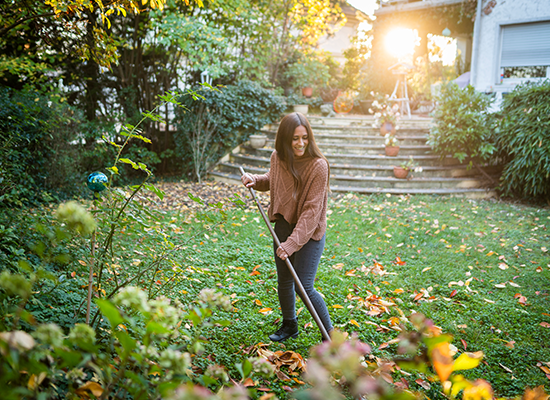
Fall home maintenance guide for a happy home
Follow our 10-step guide for must-do fall home repairs and maintenance tips.

Budget-friendly tips to increase your home’s value
Whether you’re planning to sell or you simply want to build equity in your home, these budget-friendly home upgrade tips are for you.
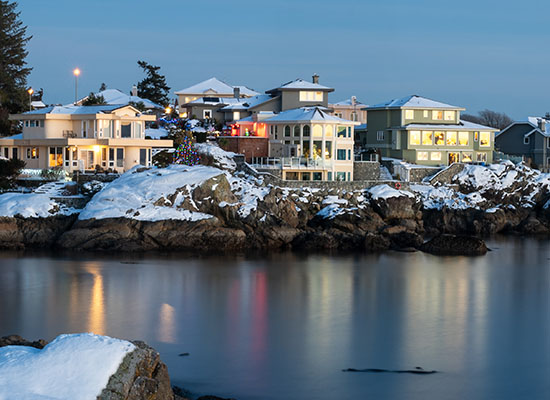
Beat the freeze and prepare your pipes for cold weather
It’s crucial to prep your pipes before the next cold snap to avoid potential water damage caused by frozen pipes. Follow these tips to reduce your risk of a watery woe when cold weather hits.

How to protect yourself from condo and townhouse risks
Live in a condo or townhouse? Here are five of the most common condo concerns and what you can do to protect yourself.
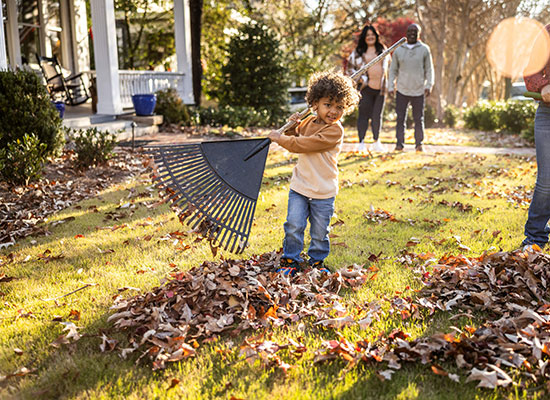
Prepare your property for fun fall chilling
Prepare your home and property now, so you can avoid the cost and hassle of repairs later and keep your home safe, warm and dry.

Renters insurance and roommates whos protected
One of the most common questions we hear about renters insurance is “should my roommate and I share one renters insurance policy?” The short answer is – it’s simpler if you don’t.

Keep your digital worlds protected with Cyber Coverage
BCAA Home Insurance is introducing Cyber Coverage, a new optional coverage, that is designed to protect you and your finances from common cybercrimes.
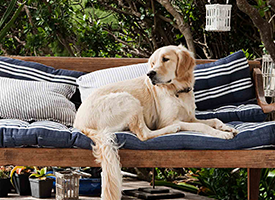
Seven ways to create the perfect patio for summer
Here are seven tips to help you create a cozy oasis, plus a few ways to perfect your park setup too.

A True Claims Story: Evacuating the 2023 West Kelowna Wildfires
This BCAA Home Insurance good-news story is no exception – the majority of claims are covered without a hitch.

Simple ways to make eco-friendly changes at home and on the move
Here are some tips to help you use less energy at home and make a positive impact on the environment when you’re on the move.

How to move fast on your dream home
Whether you’re purchasing for the first time, or moving to your dream home, here’s how to prepare for home-buying success.
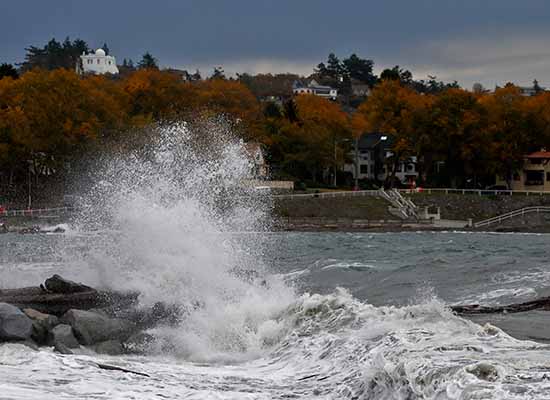
9 ways to protect your home from extreme winds
Here are nine tips to prepare your home for extreme BC winds.
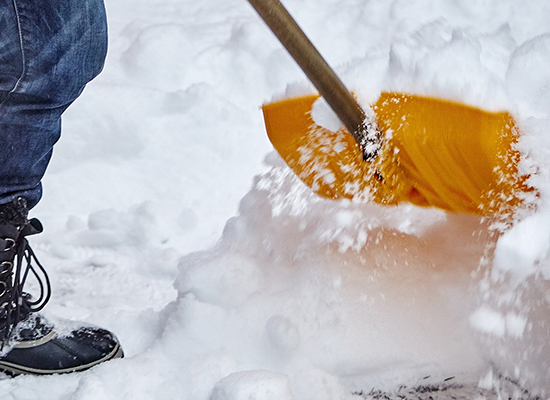
Snow removal tips to keep you safe
Six tips to protect your back and joints as you clear the snow.

How to prepare for BC snowstorms and blizzards
Don't let a snowstorm catch you off guard this year—stay safe before, during and after the cold snap with these helpful tips.

12 holiday safety tips to keep your home and family safe
12 safety tips to check before you get your pad looking festive for the season.

Cracking the BC home buying code in 2023
When Cassidy Cooper and Keaton Lawlor were in their second year of university, the friends tossed around the idea of pooling funds to buy a condo together. Their dream came to fruition less than a year later, in March 2022, when they bought a two-bedroom condo together in Coquitlam.
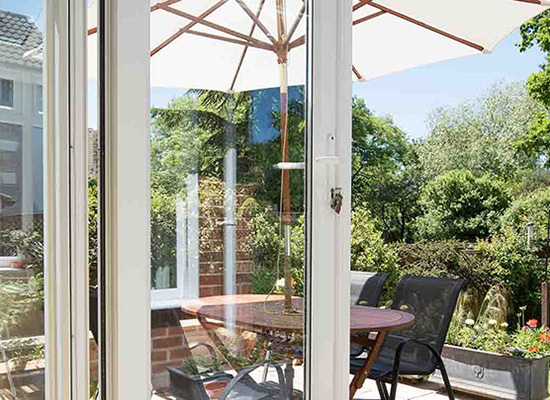
Sun’s out, tools out! Here’s your summer home maintenance checklist
Summer is a great time for home maintenance. The days are long, the weather’s great, and you can enjoy the sun while improving your home.

Three creative ways to buy into the BC housing market
The BC housing market is expensive and tough for first-time buyers to crack. However, there are some creative ways to get your foot in the door. Here are three alternative ways to get on the BC housing ladder.

When a claim goes right
This BCAA Home Insurance good-news story is no exception – the vast majority of claims are covered without a hitch.
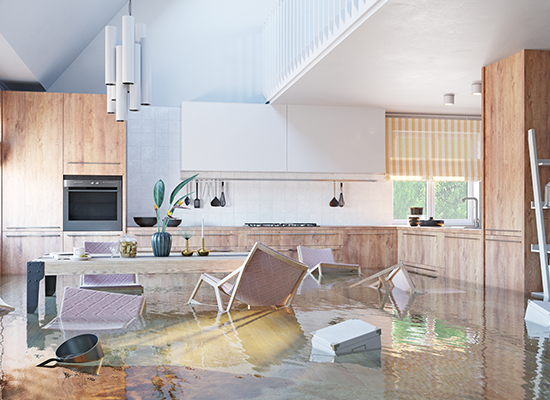
Flood prevention and survival tips
Follow these tips and get peace of mind knowing that you’re protected during peak flood season in BC.
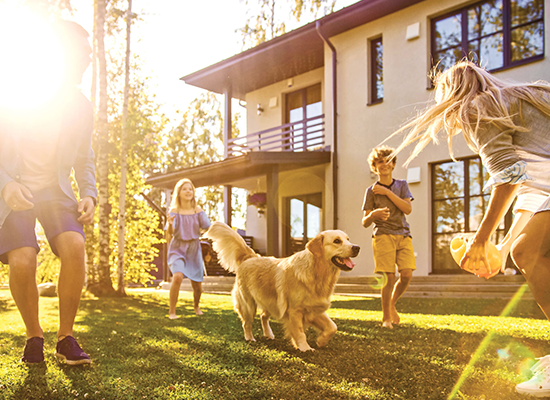
Backyard Bliss
Whether you have a bountiful yard, a condo balcony or simply a sunny windowsill, your dream green space is within reach.

Tips for first time home buyers and protection must haves
Are you ready to buy your first home in BC? That’s great! Homeownership brings a ton of excitement, nerves and a long list of Dos and Don’ts. To help you smoothly move from dreaming to decorating, here’s our step-by-step guide to buying your first home in BC.

Simple tips for growing happy house plants
To help you and your indoor plants thrive, we’ve pulled together a list of simple tips from our in-house expert and all-around awesome BCAA Team Member. Here are the basics for growing and nurturing healthy house plants.

Six tips to protect your home and wallet from taking a hit
Summer’s coming, but British Columbians are already feeling the heat from rising inflation and the surging cost of living. It’s an expensive time, and here in BC, soaring costs are putting the crunch on homeowners and renters alike.

5 simple ways to make your small home feel a lot bigger than it actually is
Rest assured, there are some easy tips and tricks that can make your small home — whether a condo, a basement suite, or a laneway pad — feel much bigger than the square footage would suggest.
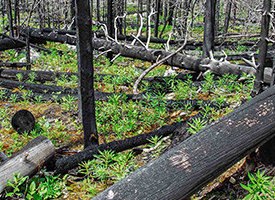
Prepare for BC Wildfire Season with BCAA
This year’s wildfire season is already off to a shocking start, and our hearts are with everyone already impacted or at risk.
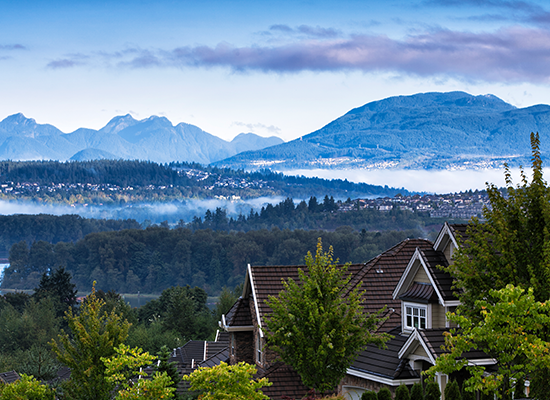
How our home insurance is built for life in BC
Our BCAA Home Insurance is designed to protect your beautiful home and meet the unique needs of British Columbians.
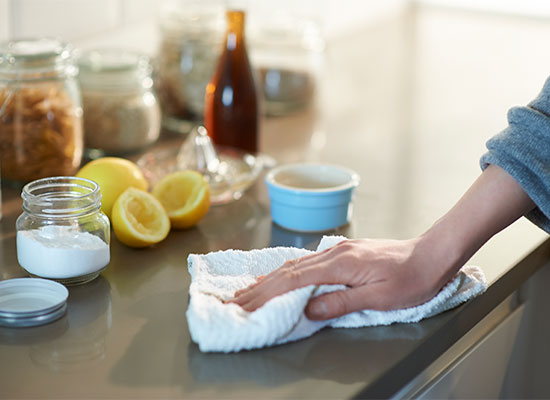
How to naturally spring clean your whole home
Here are some tips and tricks to spring clean your whole home, including fresh takes on eco-friendly cleaning plus a room-by-room checklist.
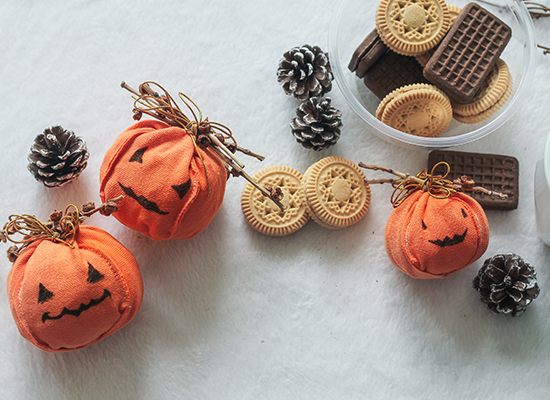
Make your home Spooktacular this Halloween with these eco-friendly DIY projects and crafts
Consider this: Halloween produces tens of thousands of tonnes of plastic waste every year – from costumes to candy wrappers to creepy ornaments.
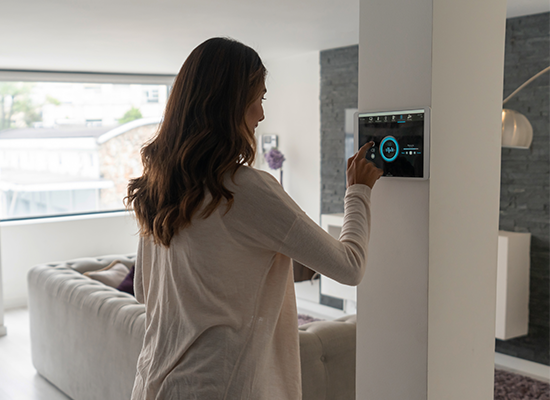
How to protect your home while you’re on vacation
You can keep your home secure with these smart tips.







